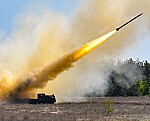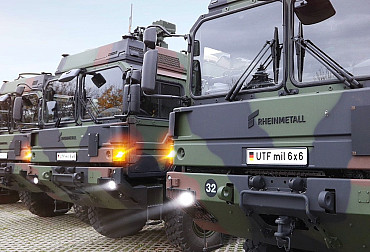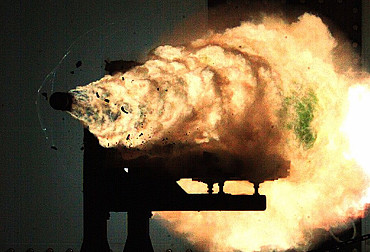USA deploy Arctic Angels in Alaska in response to Russian and Chinese maneuvers in the region
The United States is responding to increased military activity by Russia and China in the Arctic by strengthening its military presence in the region. A portion of the 11th Airborne Division, nicknamed the "Arctic Angels," has arrived on Shemya Island, Alaska, along with other support, including heavy equipment. The troops were deployed as part of a force protection operation at a time when the area around the North Pole is becoming an increasingly competitive space, partly due to climate change.
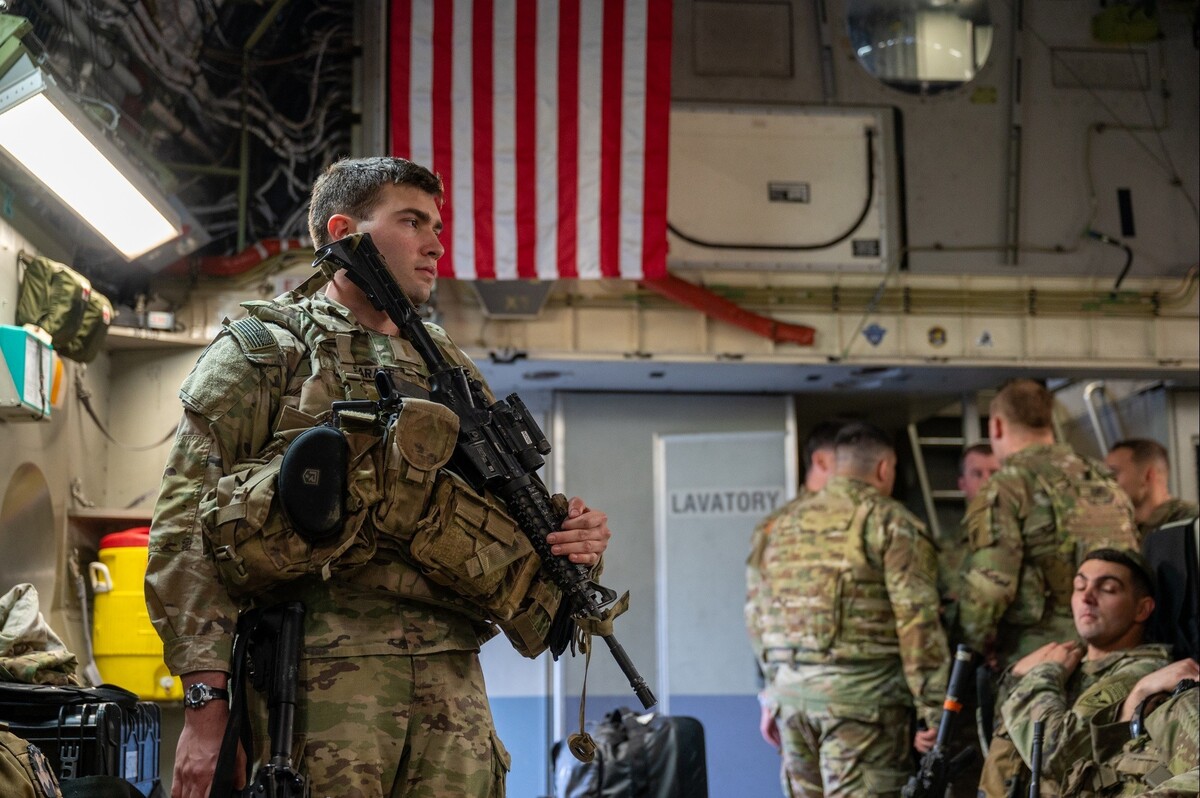
The Arctic Angels were first activated by the U.S. Army during World War II. The 11th Airborne Division's first deployment was in June 1944 in the Philippines, and after the war ended, the unit became part of the military administration in Japan. Part of the division also managed a mission during the Korean War before it was fully inactivated in 1958. Its rebirth came two years ago with the merger of two brigade combat teams in Alaska. Now, its deployments are extending deeper into the field in response to geopolitical developments.
"As the number of hostile exercises around Alaska and throughout the region increases, including the joint Russian-Chinese bomber patrol in June, the Shemya Island operation demonstrates the division's ability to respond to events in the Indo-Pacific or around the world with swift and lethal force in a matter of hours," said Maj. Gen. Joseph Hilbert, commander of the 11th Airborne Division, in a U.S. Army statement. His subordinates will operate in the Aleutian Islands along with the 1st and 3rd Divisions of the multi-agency group, having moved from Elmendorf-Richardson in Anchorage and Fort Wainwright in Fairbanks.
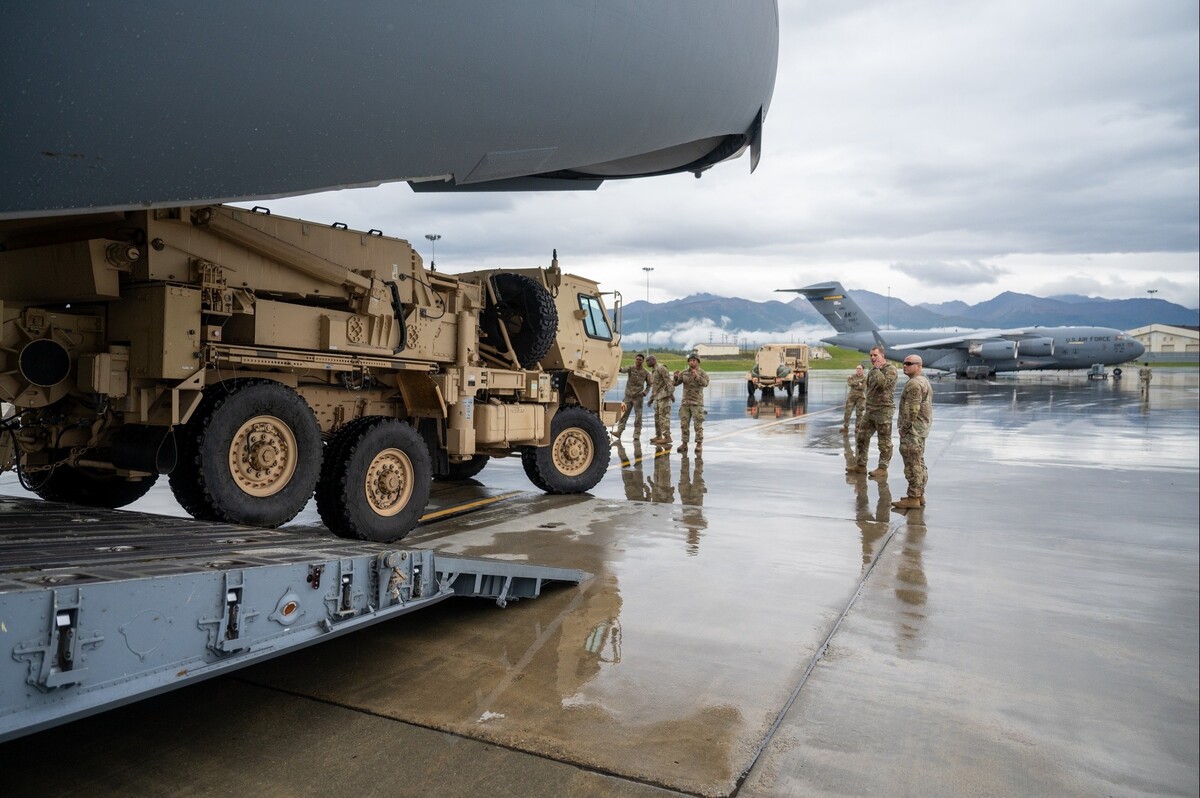
The U.S. military's response is driven by maneuvers, various exercises, and reconnaissance actions by Russia and China, which have recently become easier and more frequent in the area due to climate change and melting ice sheets. The group is also assigned to the U.S. Indo-Pacific Command, a priority area for the Department of Defense, covering more than half of the world's population. "Testing ourselves in this operation, and others like it, is critical to defending our nation and preserving a free and open Indo-Pacific," Major General Hilbert continued in his remarks, adding, "Our ability to rapidly and effectively deploy combat-capable forces to any location, no matter how remote, is essential to supporting the nation and our strong relationships with allies and partner nations."
The soldiers also brought two HIMARS missile systems and AN/TPQ-53 radar systems to their new location. In western Alaska, the Army deployed a guided-missile destroyer and a Coast Guard vessel in early September in response to the Russian-Chinese Ocean-24 exercise in the Pacific and Arctic. At the time, Russian military aircraft were repeatedly intercepted in the area, even four days in a row and in pairs. The planes operated in the Alaska Identification Zone, which, while not within sovereign U.S. airspace, is an area where U.S. authorities expect planes to identify themselves. There have been 25 such overflights this year, compared to just one more overflight in the entirety of last year. Previously, Washington registered up to ten such interceptions a year.
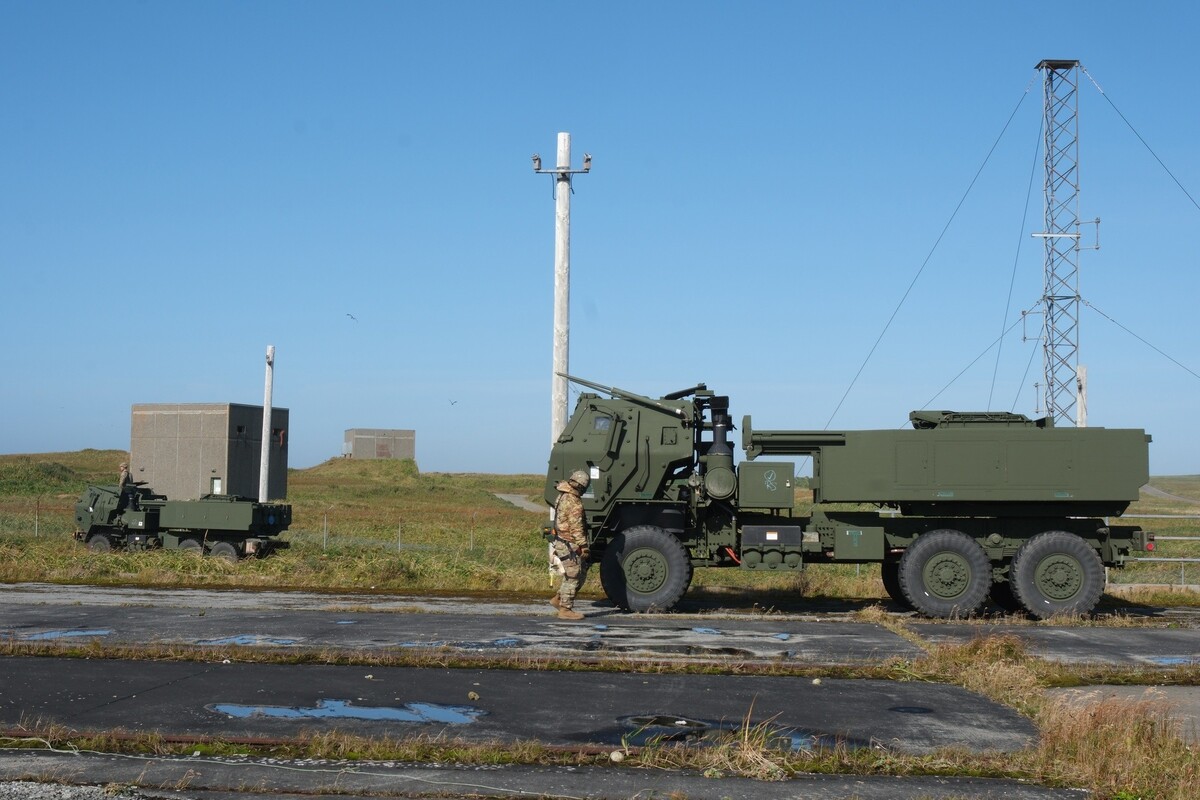
So far, neither Russian nor Chinese aircraft have directly violated U.S. or Canadian airspace, according to the North American Aerospace Defense Command (NORAD), but the Pentagon is closely monitoring their exercises. "These activities are not unusual and are not considered a threat. The U.S. has been monitoring these planned exercises for some time, and they pose no threat to the American homeland or the NATO alliance," Pentagon deputy spokeswoman Sabrina Singh reassured.
Although it is still largely a matter of testing each other’s responses, U.S. relations with Russia and China remain very tense, especially due to ongoing Russian aggression in Ukraine. With Beijing, tensions have been high for a long time, but all U.S. administrations, including that of President Joe Biden, have sought systematic dialogue, recognizing that China is America's biggest competitor, both economically and militarily.
In this context, CNN notes that managing relations between the two powers will remain a key issue, regardless of who wins the U.S. presidential election in November. Republican candidate Donald Trump has repeatedly stated that, if successful, he would take a radically different approach to the conflict in Ukraine than the current Biden-Harris administration and resolve it quickly. According to Trump, neither Russia nor China are necessarily adversaries. "I don't know that they're enemies," Trump said, according to CNN, adding that he would "get along great" with both countries if elected.
However, these potential "great relations" are threatened not only by provocations in the air but also increasingly by U.S. vessels at sea encountering Russian and Chinese forces. Recently, the U.S. Coast Guard tracked four Russian vessels with its Stratton monitoring vessel that came within 100 kilometers of the Alaskan coast near Point Hope. The Russians were reportedly there with two submarines, a frigate, and a tugboat and allegedly entered U.S. waters to avoid sea ice, which is permitted under international law and custom.
Republican Senator Dan Sullivan of Alaska believes the Navy should reopen Adak, the base on the island closed in 1997. "In the last two years, we have seen joint Russian-Chinese air and naval exercises off our shores and a Chinese spy balloon hovering over our cities. These escalating incidents demonstrate the important role the Arctic plays in the great power competition between the U.S., Russia, and China," Sullivan said in a statement, calling for an even stronger U.S. stance against both Vladimir Putin and Xi Jinping.



